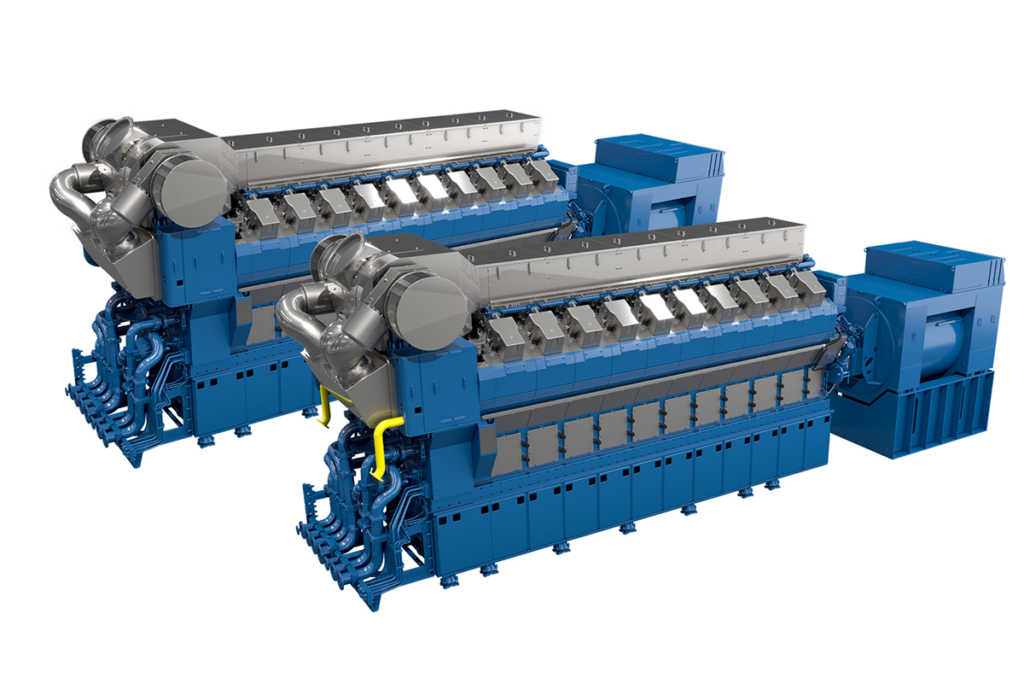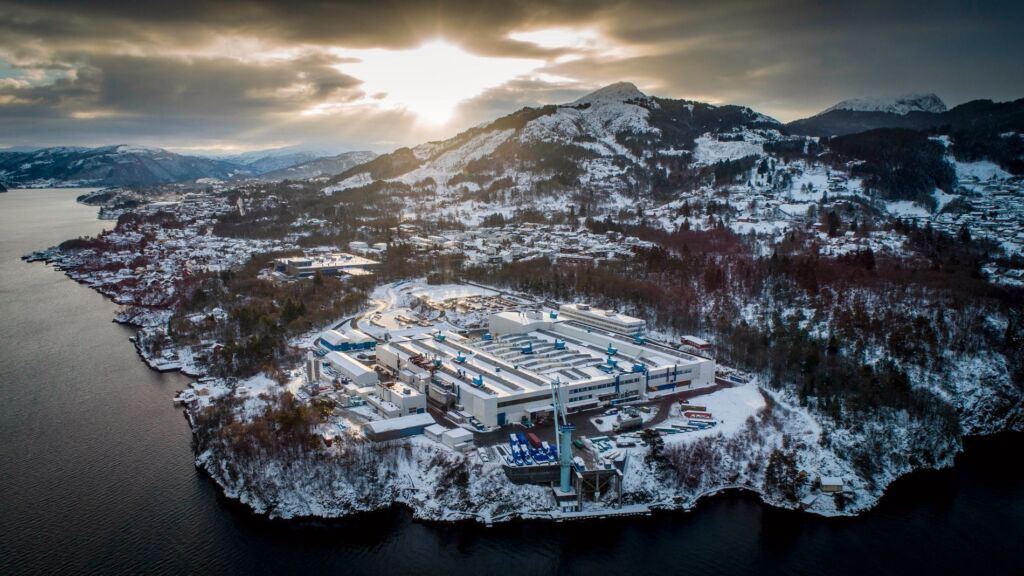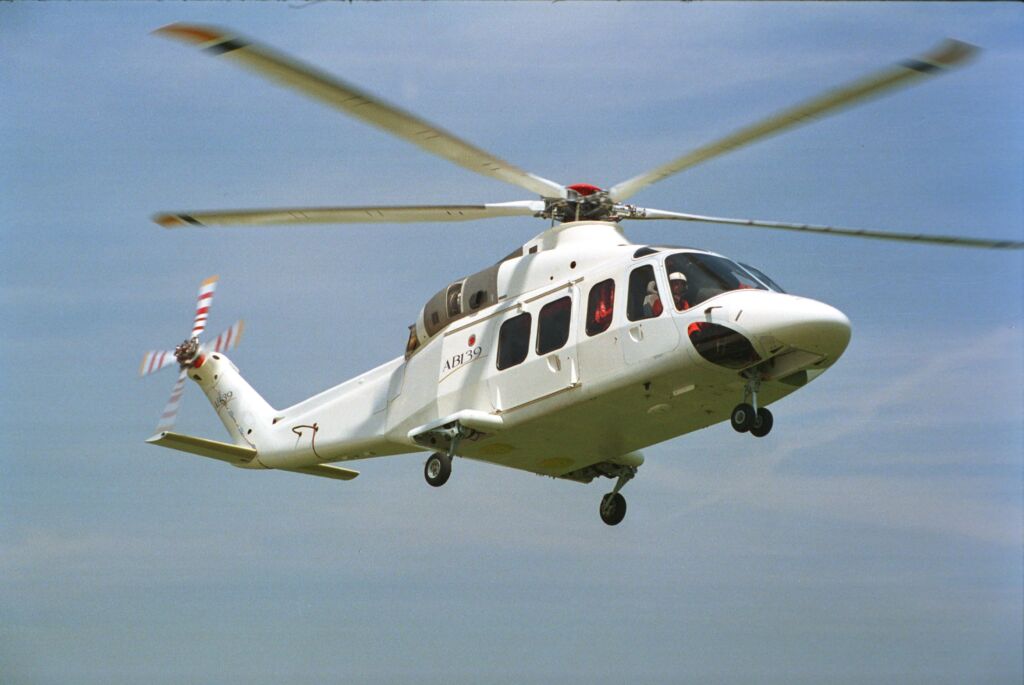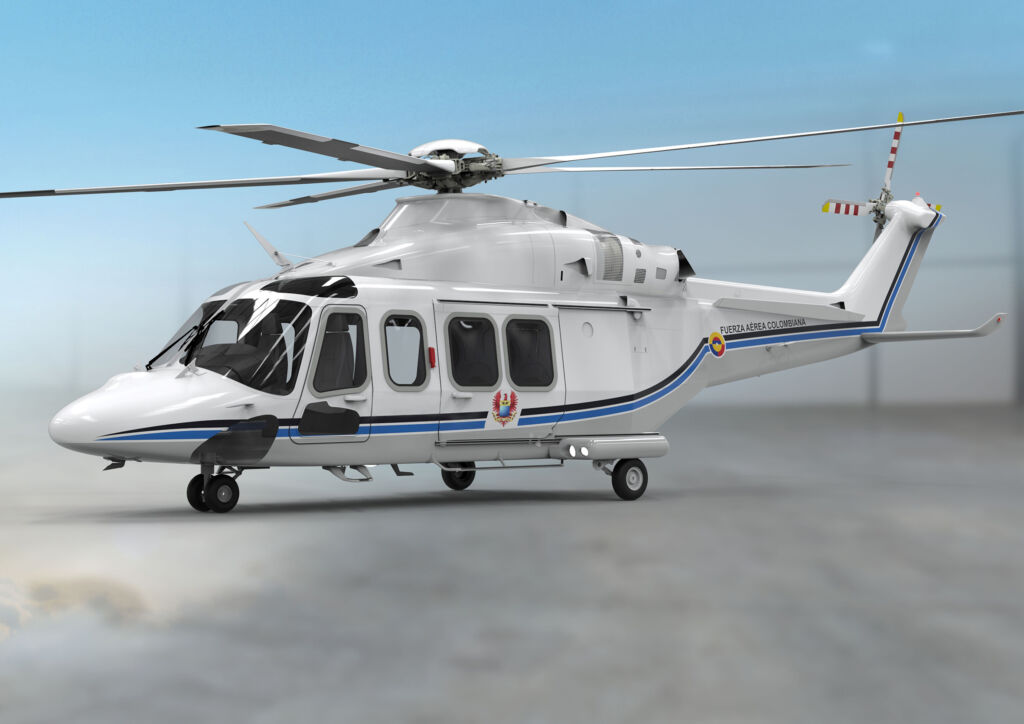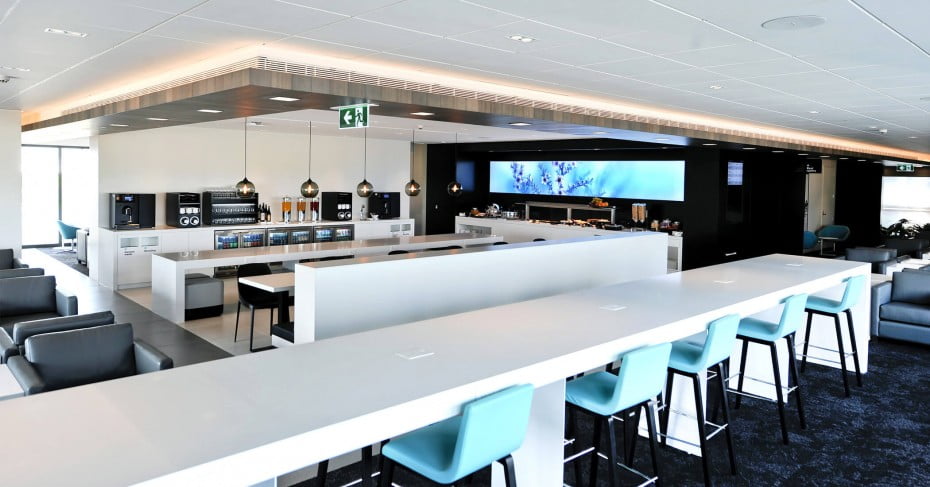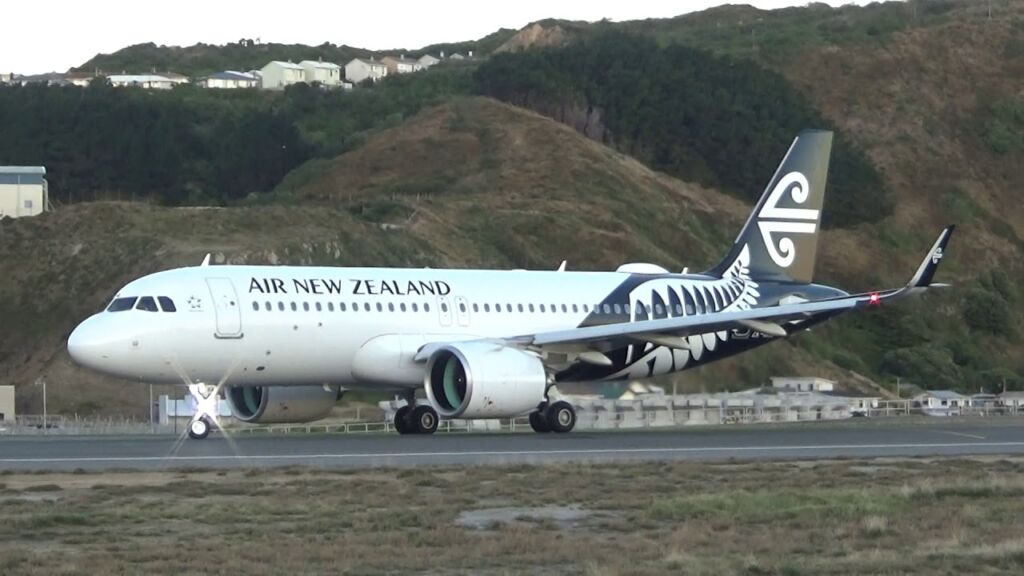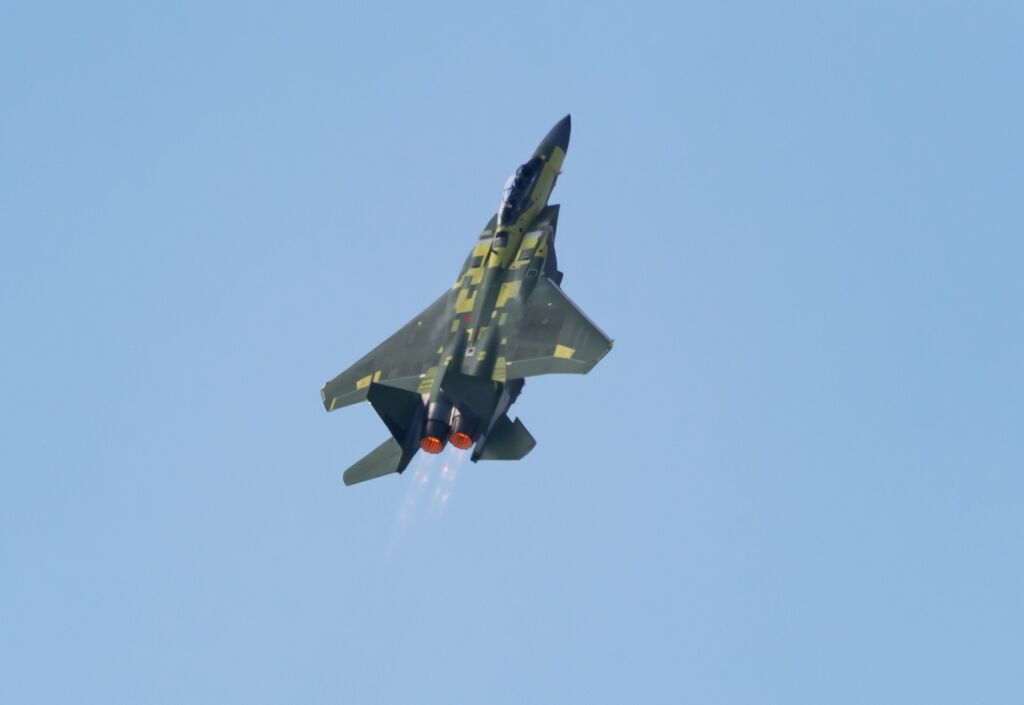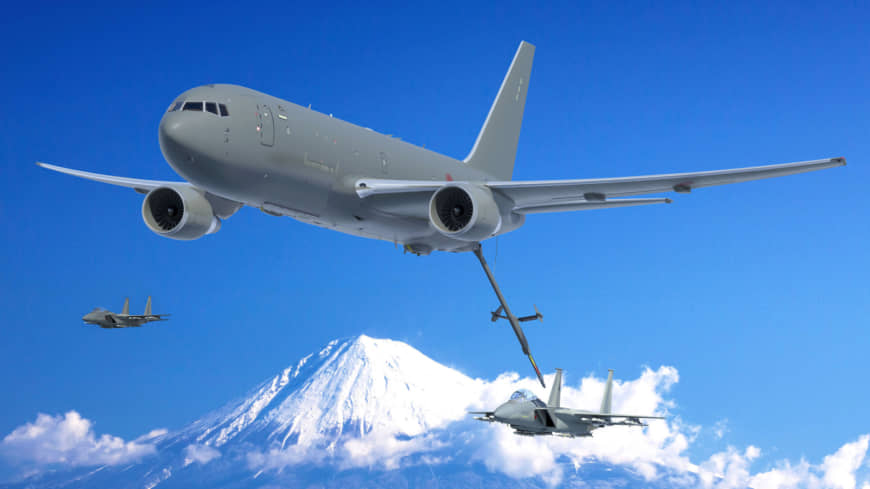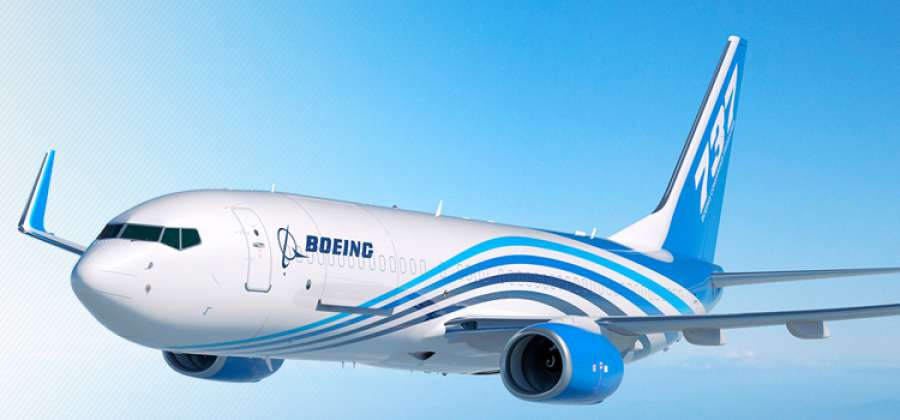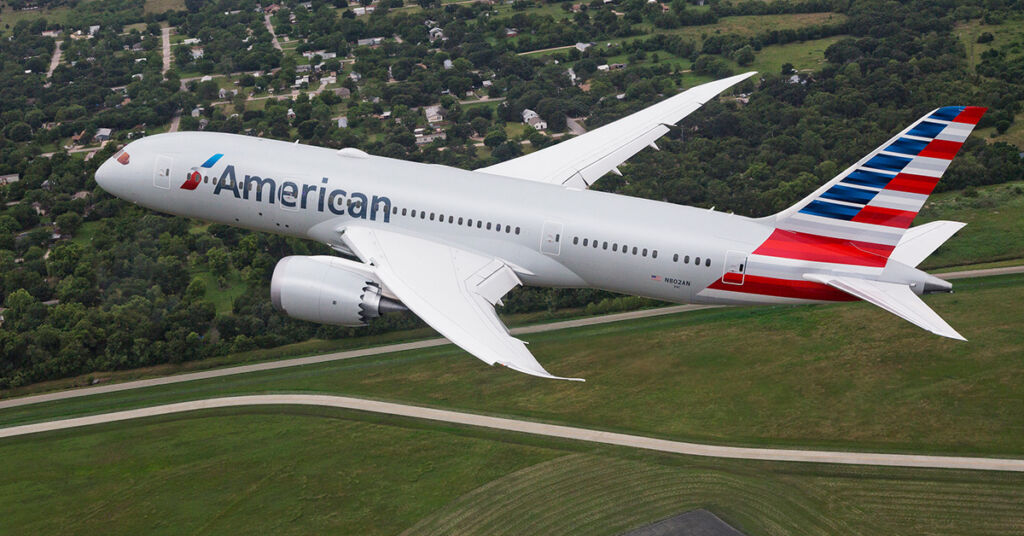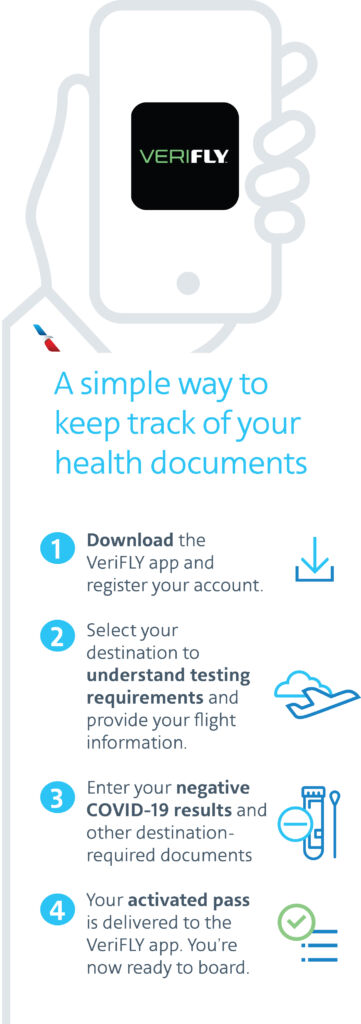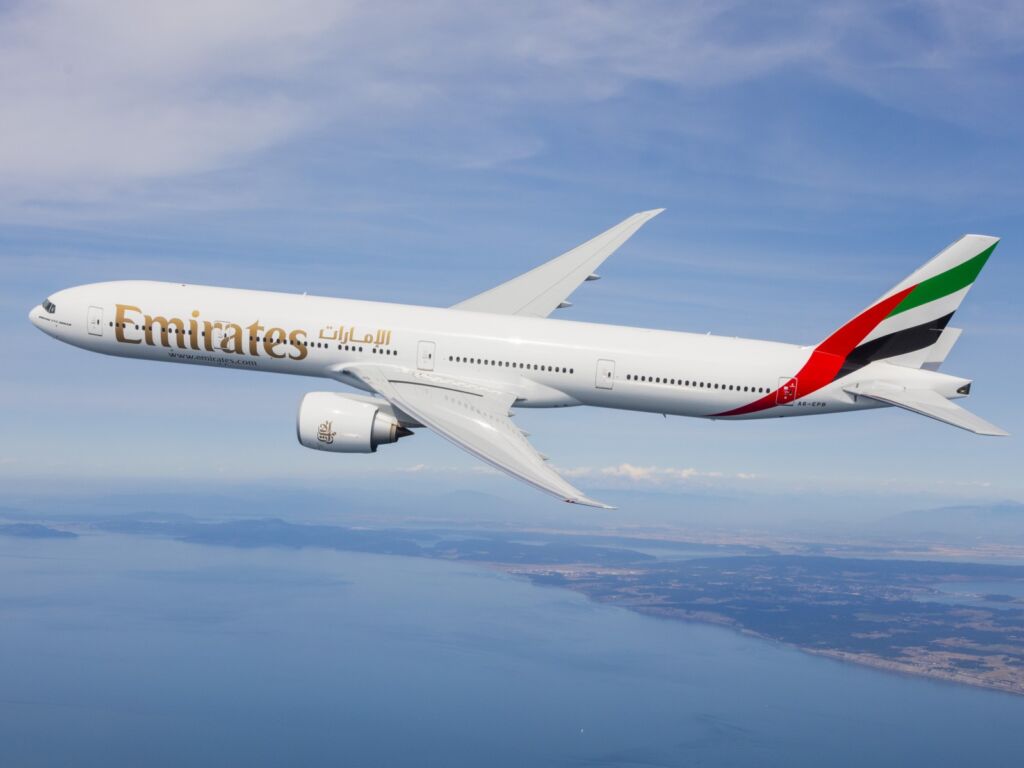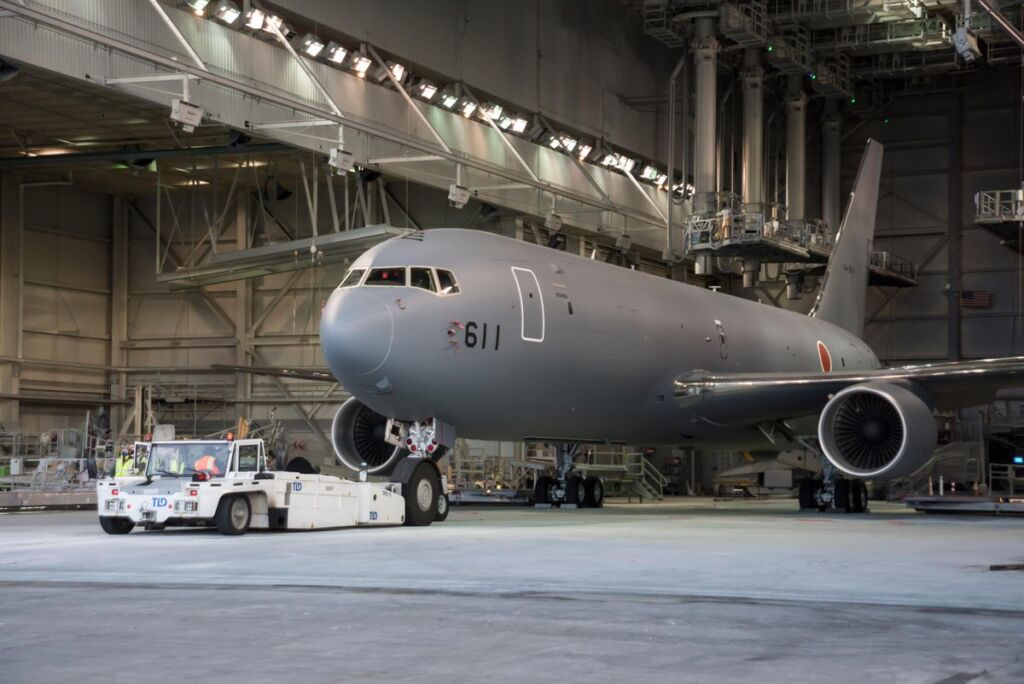WASHINGTON – At Amtrak, we want to show customers how much we love them by offering a Valentine’s Day Buy One Get One Free Sale. Thursday, February 11, through Tuesday, February 16, customers can purchase one ticket and bring a companion along for free for nationwide travel between February 22 and August 27, Customers can receive discounted tickets by using the code C214 at checkout or at amtrak.com/vdaysale.
Customers can skip the flowers and chocolates this year and take advantage of the Amtrak Loves You, limited-time offer to buy one ticket and get another one free for a future getaway, through August. Travel is available on select trains nationwide including the Auto Train, Northeast Regional, Acela, Southwest Chief, Empire Builder, California Zephyr and many other popular routes throughout the country. Two customers can make it a date and travel together for as low as:
| Route | Fare | Cities | Fare |
| Chicago – Milwaukee | $25 | New York – Chicago | $112 |
| Oklahoma City – Fort Worth | $31 | Lorton – Sanford | $115* |
| Albany – New York | $45 | Los Angeles – Seattle | $126 |
| New York – Philadelphia | Coach: $46 Acela: $81 | Charlotte – New York | $126 |
| Philadelphia – Washington, DC | Coach: $46 Acela: $92 | Washington, DC – Atlanta | $132 |
| New York – Providence | Coach: $50 Acela: $94 | Philadelphia – Savannah | $140 |
| Boston – New York | Coach: $58 Acela: $98 | Washington, DC – New York | Coach: $74 Acela: $128 |
| Fares will vary by train | |||
| *Plus the cost of your vehicle |
Before traveling on Amtrak, customers should review state-specific travel advisories and restrictions that may be in place for various destinations. Once onboard, Amtrak customers can enjoy the freedom to use their phones and electronic devices (no “airplane mode”), large spacious seats with ample leg room, no middle seat and one of the most generous baggage policies in the travel industry.
Amtrak is leading the way by setting a new standard of travel with enhanced safety and cleaning measures. In an effort to simplify and safeguard the travel experience, several cleaning, contact-free and convenience measures have been implemented into every part of the customer journey, including:
- Face Coverings: Per federal law and Amtrak policy, all customers and employees must wear a face mask or covering that fully covers the entire mouth and nose, fits snugly against the side of the face, and secures under the chin at all times while onboard and in stations. Neck gaiters, open-chin triangle bandanas, face shields, and masks containing valves, mesh material or holes of any kind do not qualify as acceptable face coverings. Face masks can be removed briefly while actively eating, drinking or taking medication. Children under 2 years old are not required to wear a face covering. Refusing to wear a mask is a violation of federal law; passengers may be subject to penalties under federal law, denied boarding, removed from the train and banned from future travel in the event of noncompliance.
- Enhanced cleaning: Amtrak has enhanced cleaning and disinfecting protocols at stations and onboard our trains.
- Air Quality: All trains are equipped with onboard filtration systems with a fresh air exchange rate every 4-5 minutes.
- Physical distancing: Signage has been displayed at our busiest stations to indicate safe distances in high traffic areas. In addition, protective plastic barriers have been installed at customer counters at our busiest stations.
This sale is valid for one free companion rail fare traveling on the same reservation as one full adult fare. Adults must travel together and be booked in the same reservation. Upgrades to Acela First Class, and non-Acela Business Class are valid upon payment of full accommodation charge. Upgrades to sleepers are not permitted. This offer is not combinable with any other discount offer. All prices will be automatically discounted from the standard fare when accessing this promotion at amtrak.com/vdaysale or by using the discount code (C214) when booking their trip. Other terms and conditions apply.

